***Spoilers for the entirety of the MCU, including the first episode of Disney’s Loki are below***
The first episode of Disney’s Loki has finally aired, and it is already doing wonders for the future of the MCU, introducing plenty of interesting timeline possibilities that can be explored in future films. On top of shaping the next phase of the franchise, the show is also helping close one of the most interesting character arcs from the previous phases by giving us some more insight into the mind of the God of Mischief.
When we are first introduced to Loki in Thor, the character is manipulative and conniving, doing whatever it takes to gain power, as he hopes to rule the Nine Realms. This includes putting his father in a coma, starting a war with Jotunheim, and even trying to kill his brother, Thor, by sending the Destroyer after him.
Despite eventually losing at the end of Thor, he doesn’t learn his lesson, as these traits carry over into the events of The Avengers, resulting in Loki becoming the film’s main antagonists. In the movie, he continues his despicable deeds, threatening innocent lives by working with the Chitauri to attack Earth.
Thanks to the events of Avengers: Endgame, this is the exact Loki we meet at the start of this new series: a villain who is still hell-bent on ruling the Nine Realms. Yet, it only takes a 50-minute episode to get across that the showboating and threatening that was central to Loki’s character at the outset of the franchise has always been an act.
He doesn’t abruptly grow throughout the entire series simply because he is convinced not to be evil anymore. Loki’s growth comes from the fact that he’s always had it in him to be good.
This all starts when this variant version of Loki refuses to answer Morbious’s question as to whether he enjoys hurting people, as the Timekeeper goes over all the horrendous deeds he committed.
After a bit of back-and-forth and an escape attempt, Loki tells Morbius that he doesn’t enjoy hurting people. That threatening the old man in Germany and all of his antics are part of the illusion. “It’s a cruel, elaborate trick conjured by the weak to inspire fear.”
Loki knows he isn’t as powerful as his father or brother, so he tries to rely on fear to get his way, succeed, and get the love and adoration Thor does. He comes to this realization thanks to a unique machine created by the Timekeepers that allows him to view all of the moments his alternate self goes through during the movies.

Loki’s reactions to these situations are poignant, washing the illusion away and showing how he truly feels. He is sad to see his mother and father die, happy at how close he becomes with Thor, and terrified by his death at the hands of Thanos.
While these few scenes might not seem meaningful to anyone who has seen Loki’s growth throughout the MCU in the other timeline, it really is. Since this variant version of the character feels this way, it proves that deep down, he has always been the Loki we see sacrifice himself for his brother in Avengers: Infinity War.
More than anything, it helps justify Loki’s somewhat abrupt change in personality between the events of Thor: Dark World and Thor: Ragnarok. While the former film helps make him feel like far less of a villain, thanks to his relationship with Freeda and Thor, he’s still far too different comparatively when we meet him in the third film.
Thor: Ragnarok Loki is no longer the power-hungry sociopath we know at the start of the series. Instead, he comes off like more of a jester than a God of Mischief. His antics – like the story where he turns into a snake and bites Thor – are no longer scary but funny.
Sure, a lot of this has to do with the tone of Thor: Ragnarok compared to the other two films, as Taika Waititi is known for his comedy, whereas the other two entries took themselves far more seriously. Still, even knowing that his character direction changes to fit the style of the film felt a bit off.
But now, thanks to this small interaction between Variant Loki and Morbius, the jump from the second to third film doesn’t seem nearly as bizarre. This variant Loki shows the potential the character has always had to be the one we end up with in Avengers: Infinity War
While that certainly doesn’t mean that he’ll be walking old ladies across the street throughout the rest of Loki, it at least feels like the character can be dropped back into the MCU pretty seamlessly now.


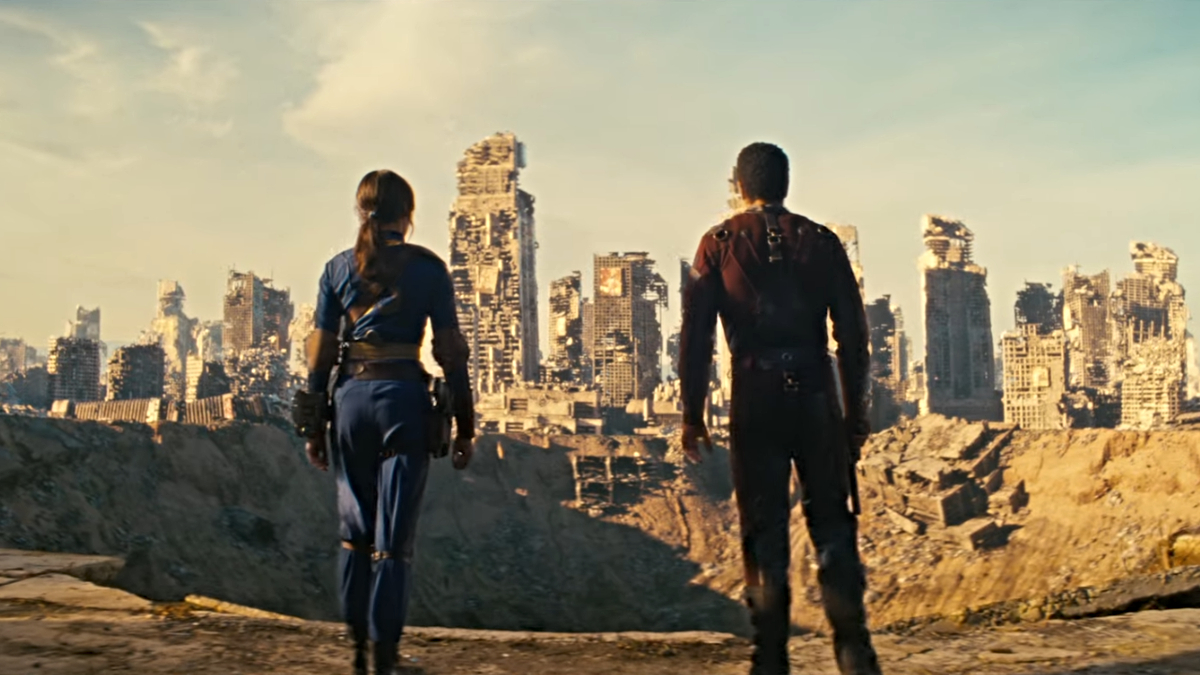
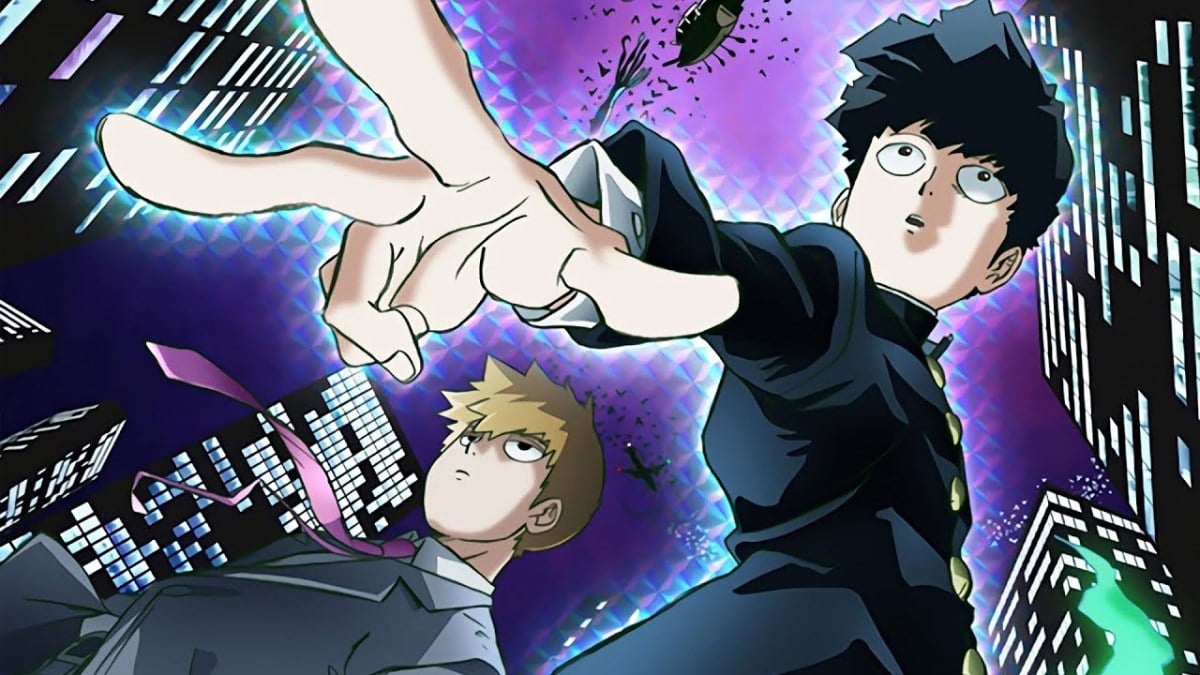
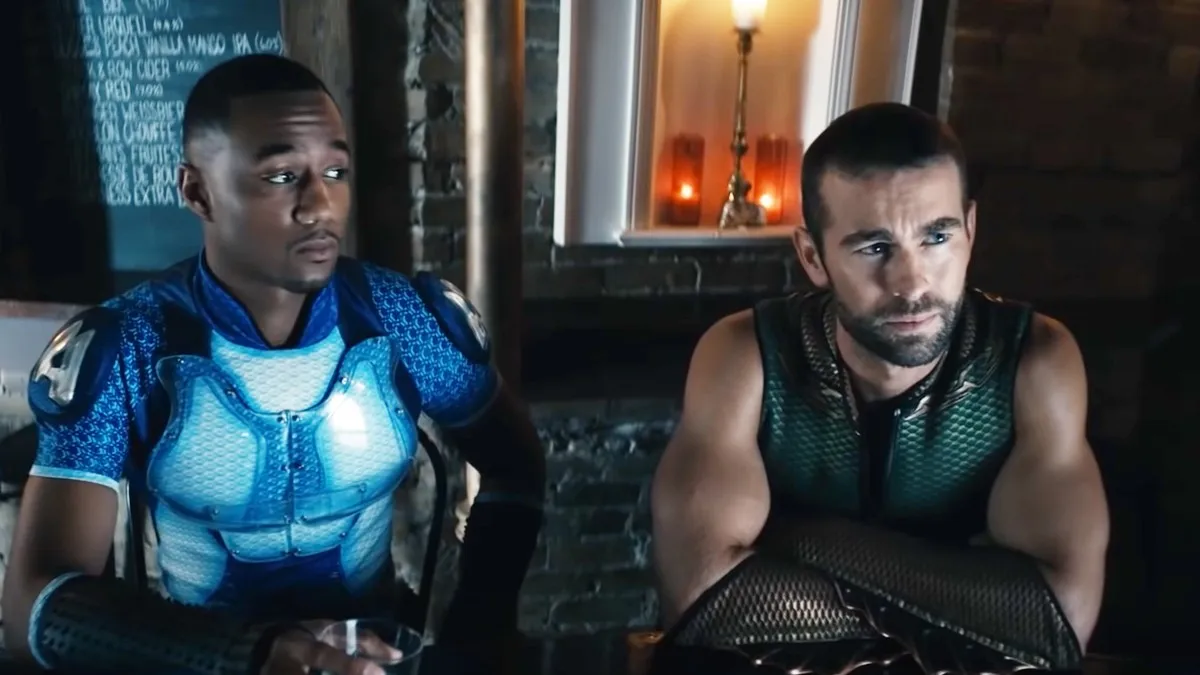
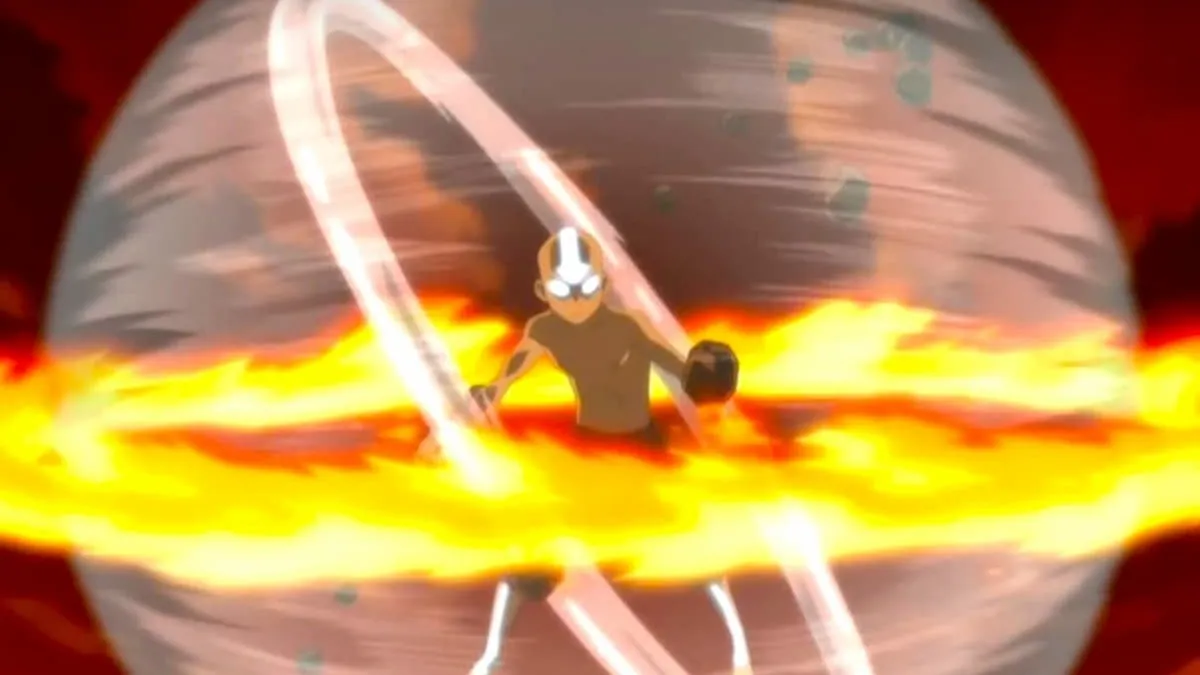
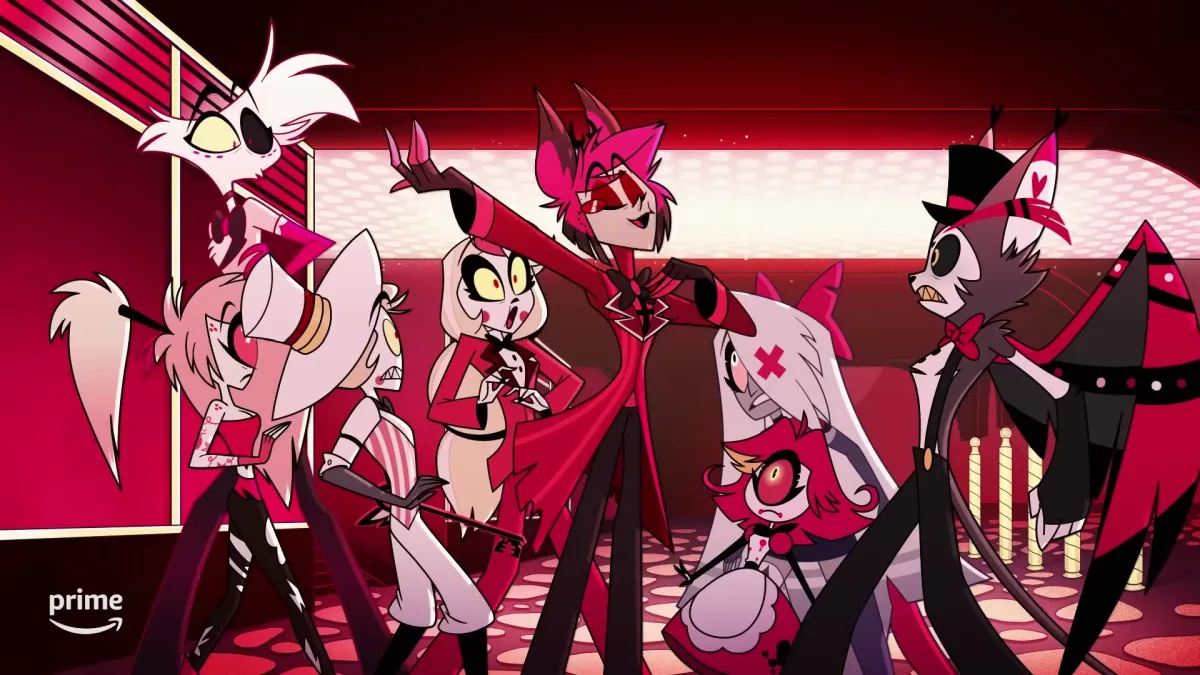

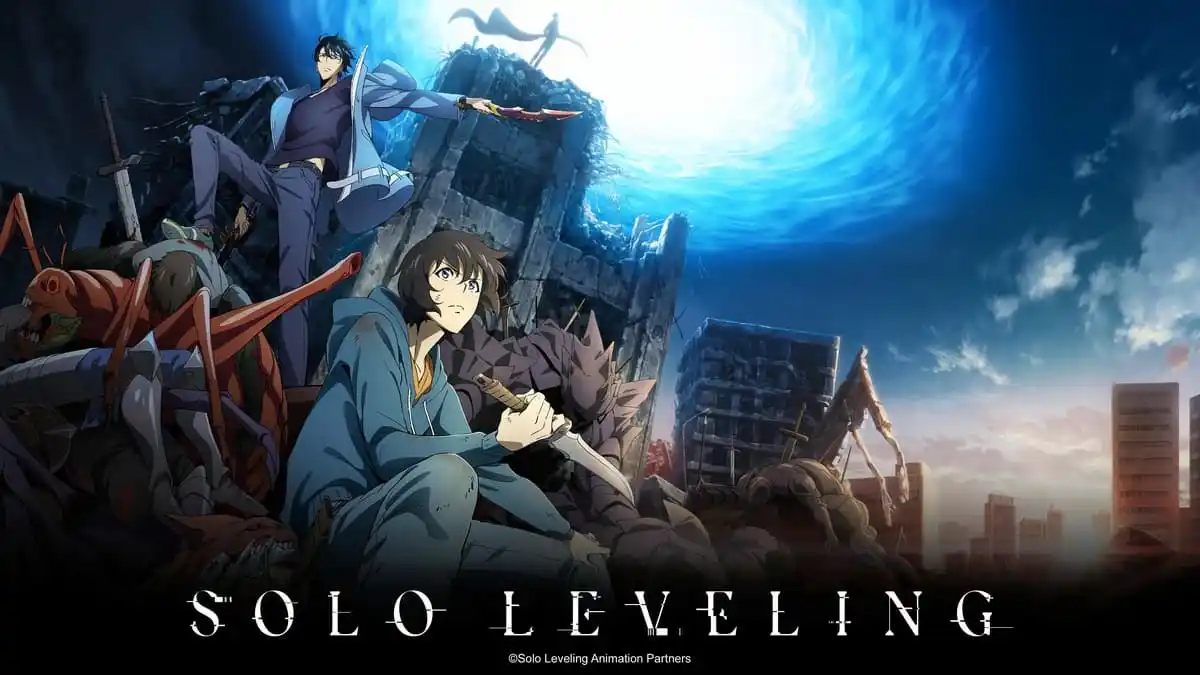
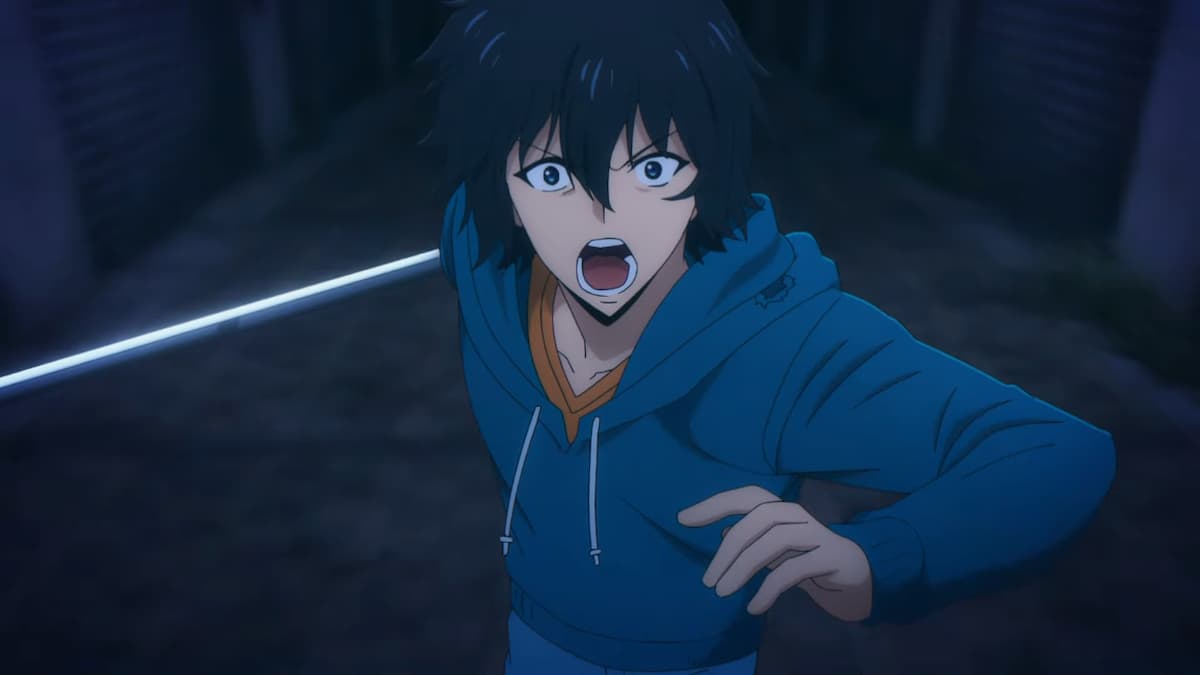

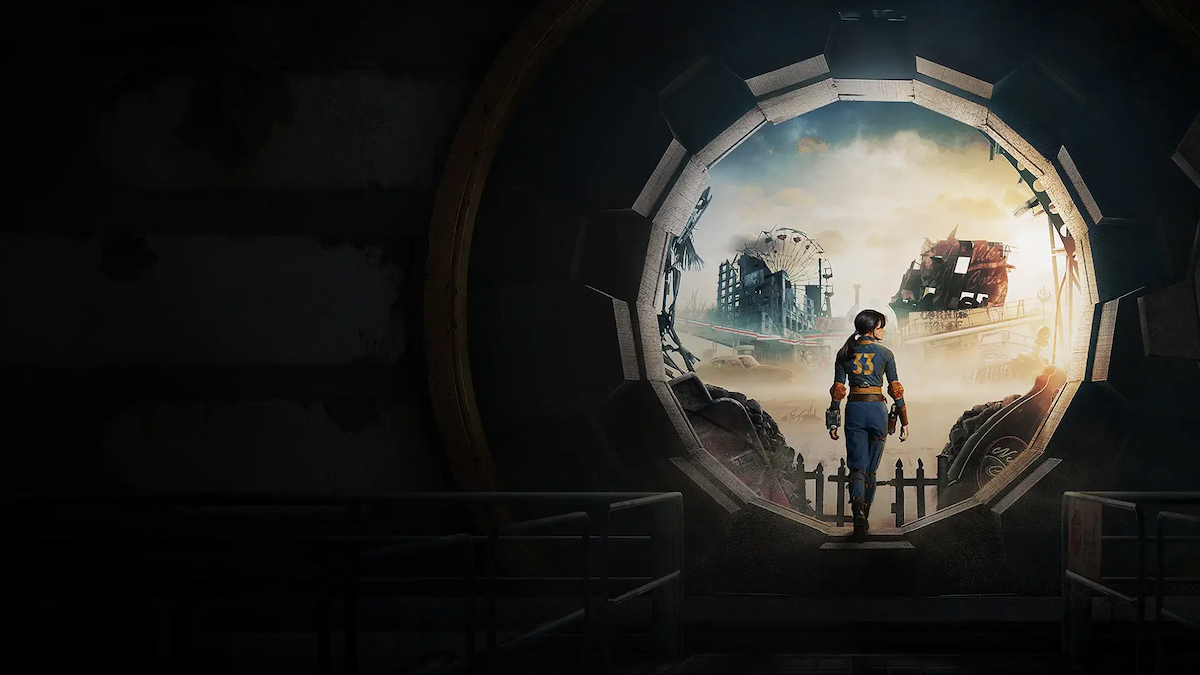

Updated: Jun 10, 2021 10:56 am